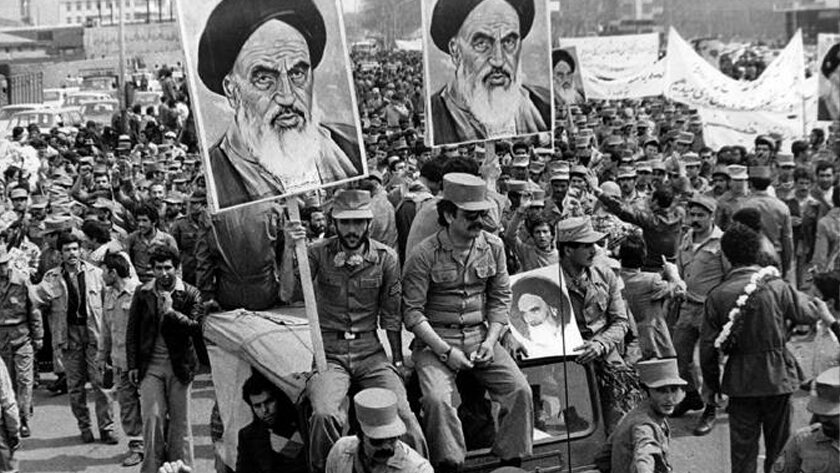
Similar Posts
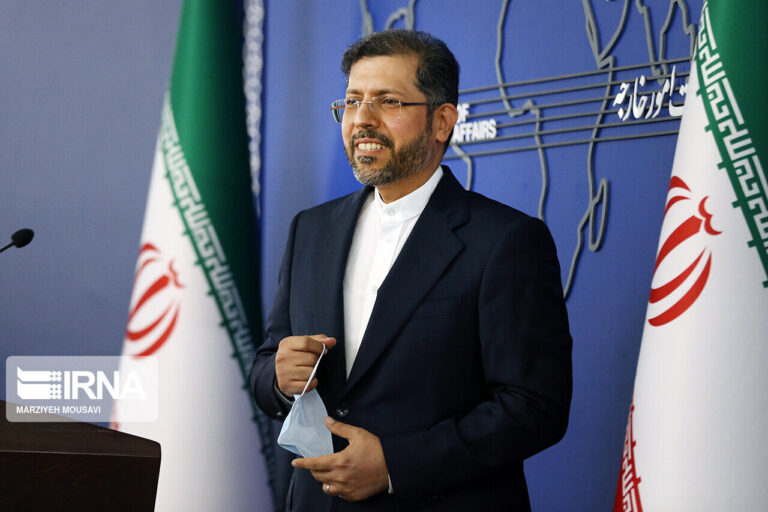
Saeed Khatibzadeh Takes the Helm as Head of Foreign Ministry’s IPIS: A New Era in Diplomatic Strategy
Iranian Foreign Minister Abbas Araghchi has appointed seasoned diplomat Saeed Khatibzadeh as his deputy and president of the Institute for Political and International Studies (IPIS). This move highlights Iran’s commitment to improving its foreign policy strategies. Khatibzadeh’s extensive experience includes roles as Ambassador to Croatia, Adviser to the Foreign Minister, and Deputy Foreign Minister. Established in 1983, IPIS serves as a key think tank for Iran’s Ministry of Foreign Affairs, focusing on research and insights related to foreign policy. Khatibzadeh’s appointment aims to bolster Iran’s diplomatic outreach amid complex international dynamics.
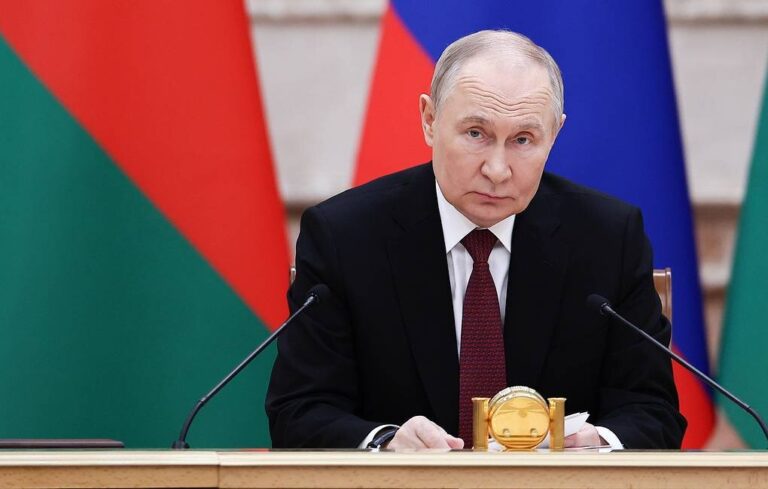
Putin Open to European Involvement in Ukraine Peace Talks: A New Diplomatic Shift
In a recent interview, Russian President Vladimir Putin discussed the evolving Ukraine conflict, emphasizing the importance of European nations in negotiations. He expressed openness to their involvement, noting that they previously rejected peace talks in favor of military action. Putin acknowledged that while discussions with US officials occurred, they lacked substance regarding Ukraine. He commented on Ukrainian President Zelensky’s declining popularity amid ongoing war and criticized Trump’s labeling of Zelensky as a dictator. As Russia controls about 20% of Ukrainian territory, Zelensky has proposed allowing US companies to extract minerals for security guarantees, highlighting the complex international dynamics at play.
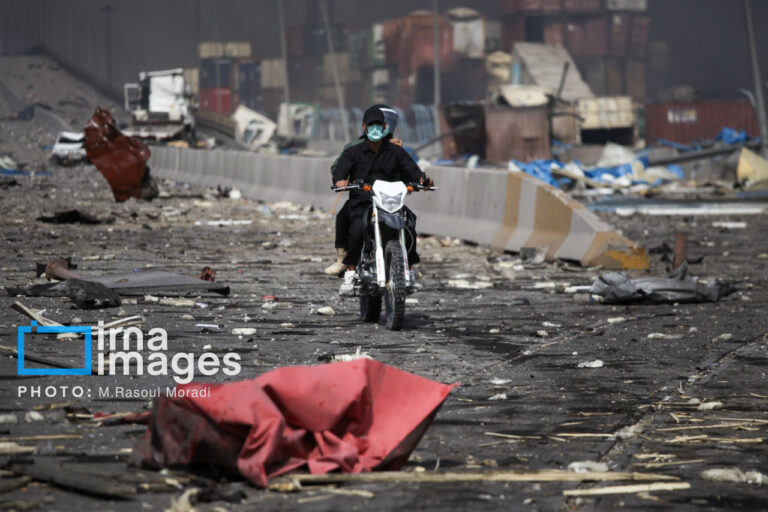
UN Expresses Condolences for Tragic Explosion at Southern Iranian Port: A Call for Global Support
A recent explosion at Shahid Rajaee port in Bandar Abbas, Iran, has caused at least 14 deaths and over 700 injuries, leading the United Nations to express condolences. Stéphane Dujarric, spokesperson for the UN Secretary-General, conveyed sorrow for the casualties and emphasized the need for improved safety at global ports. The explosion, involving a fuel tanker, also resulted in significant destruction and impacted local industries. The cause of the incident remains unknown. This tragic event highlights ongoing safety concerns at major ports and the urgent need for enhanced protective measures.
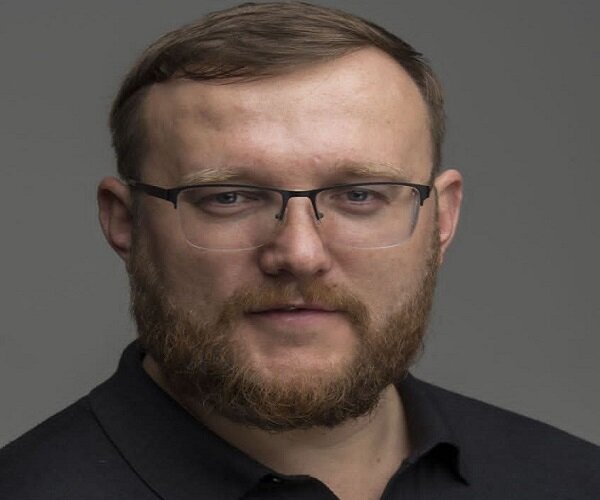
How Global Shifts Are Shaping the Future of Ukrainian Conflict Resolution
The geopolitical landscape is increasingly shaped by power struggles, economic competition, and information warfare, echoing Clausewitz’s idea that war extends politics. As the Fourth Industrial Revolution transforms traditional power structures, countries like China, Turkey, the U.S., and Russia are vying for dominance. This “New Great Game” complicates negotiations surrounding the Ukraine conflict. The U.S. focuses on countering China, while Russia seeks regional control. Three scenarios for Ukraine’s future range from a U.S. withdrawal to prolonged conflict, risking humanitarian crises and destabilization. As tensions rise, the need for diplomatic solutions is critical to avoid a global crisis.
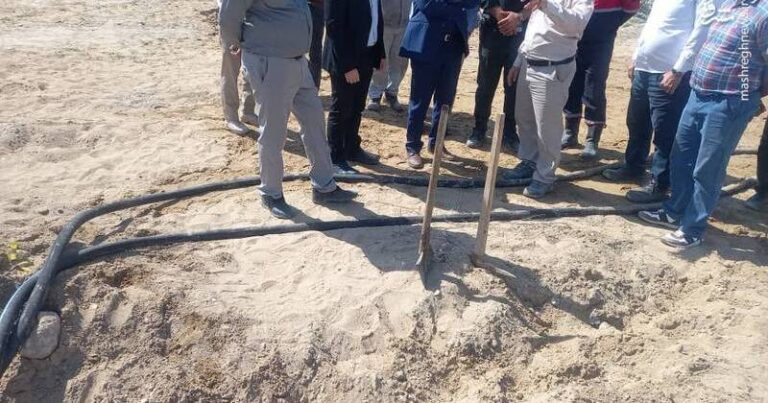
Iran Discovers Major Oil Pipeline Taps in Response to Escalating Fuel Smuggling Crisis
Iranian authorities have discovered and sealed four illegal taps on an oil pipeline near Bandar Abbas, highlighting the country’s ongoing fuel smuggling crisis. Mojtaba Ghahramani from the Hormozgan Province Judiciary indicated that these unauthorized diversions could be part of a larger, organized smuggling network, possibly involving elements within the Islamic Revolutionary Guard Corps (IRGC). Daily fuel losses are estimated between 20 to 50 million liters, raising concerns about government complicity. The urgent need for enhanced monitoring and advanced metering technologies is emphasized to combat theft and corruption, as the energy crisis continues to impact Iranian citizens and the economy.
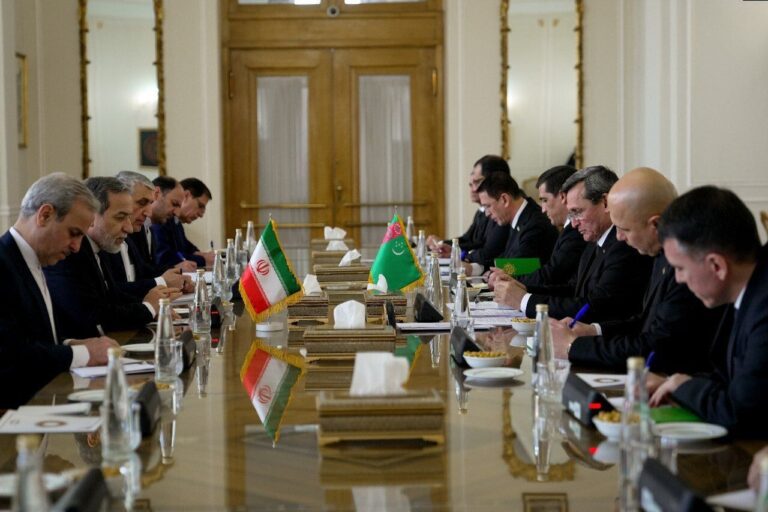
Iran and Turkmenistan Forge Economic Ties: Exploring Opportunities for Enhanced Cooperation
Iranian officials, including Foreign Minister Abbas Araghchi, welcomed Turkmenistan’s Foreign Minister Rashid Meredov to discuss strengthening economic cooperation between the two nations. The meeting highlighted their historical ties and mutual respect for Turkmenistan’s neutrality and peace initiatives. Key topics included regional issues such as the situations in Afghanistan and Gaza, with both sides opposing a U.S. plan regarding Palestinian resettlement. Meredov emphasized the need for collaboration in trade, energy, and transportation, announcing plans for a joint economic cooperation commission. He also met with Iran’s Oil Minister to discuss enhancing oil and gas sector cooperation, reinforcing Turkmenistan’s significant partnership with Iran.